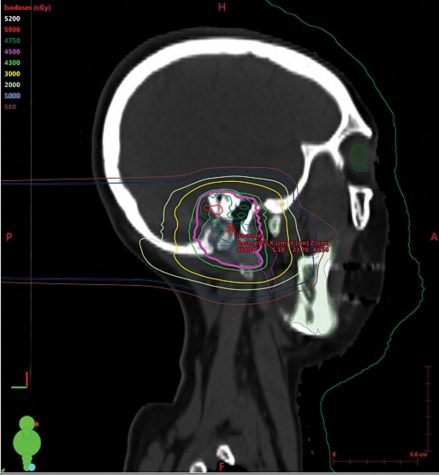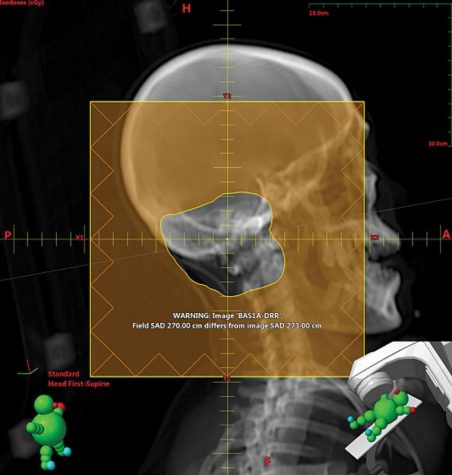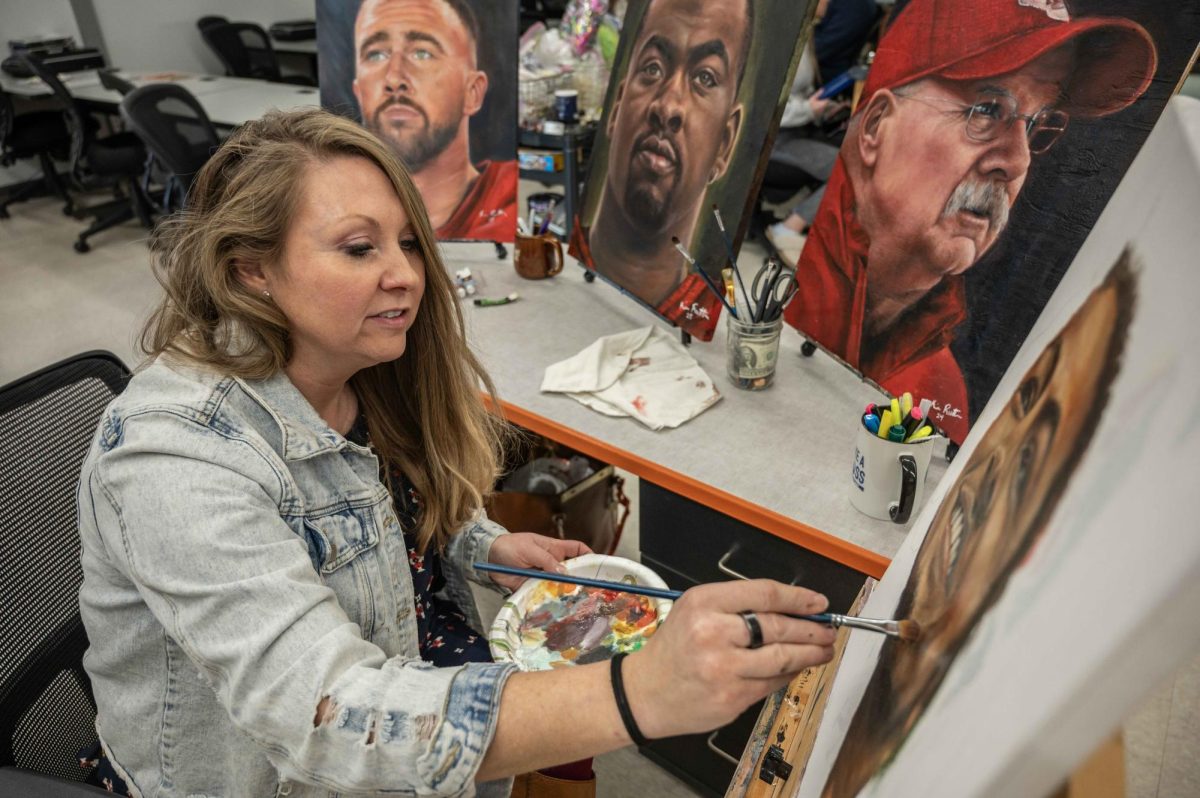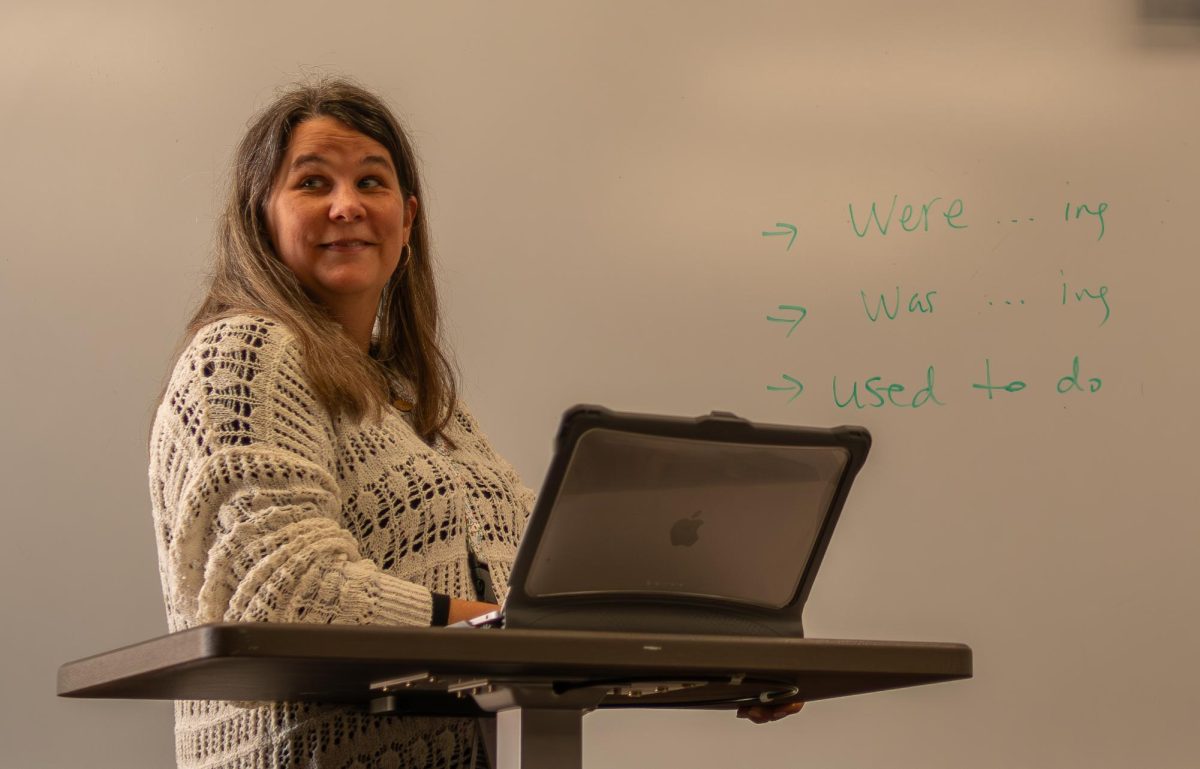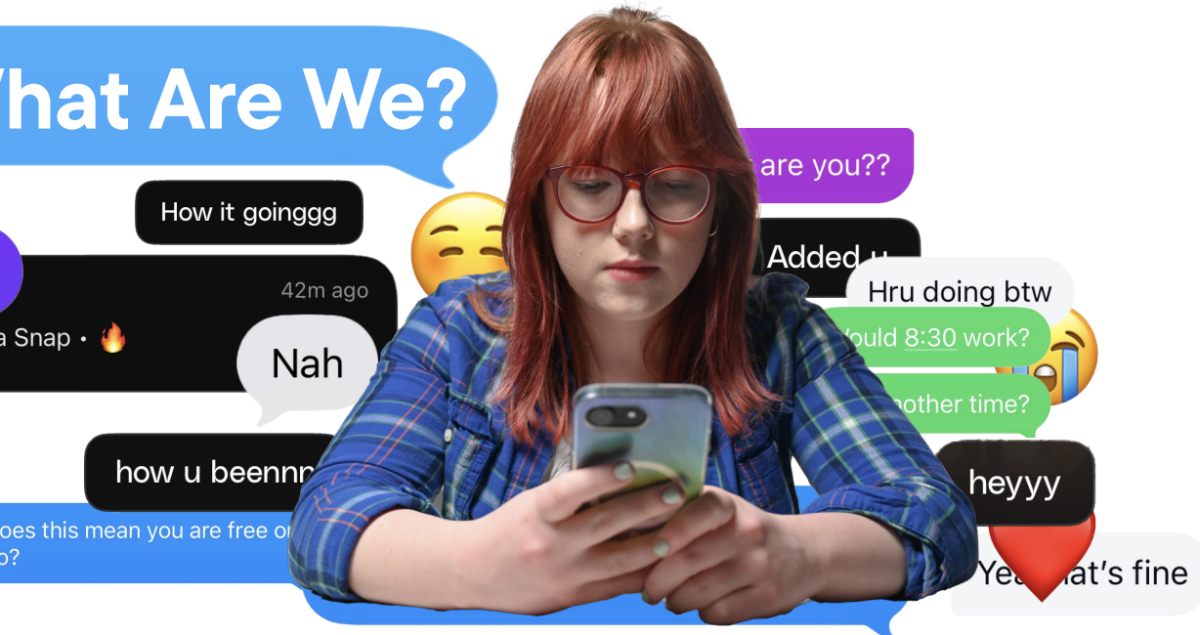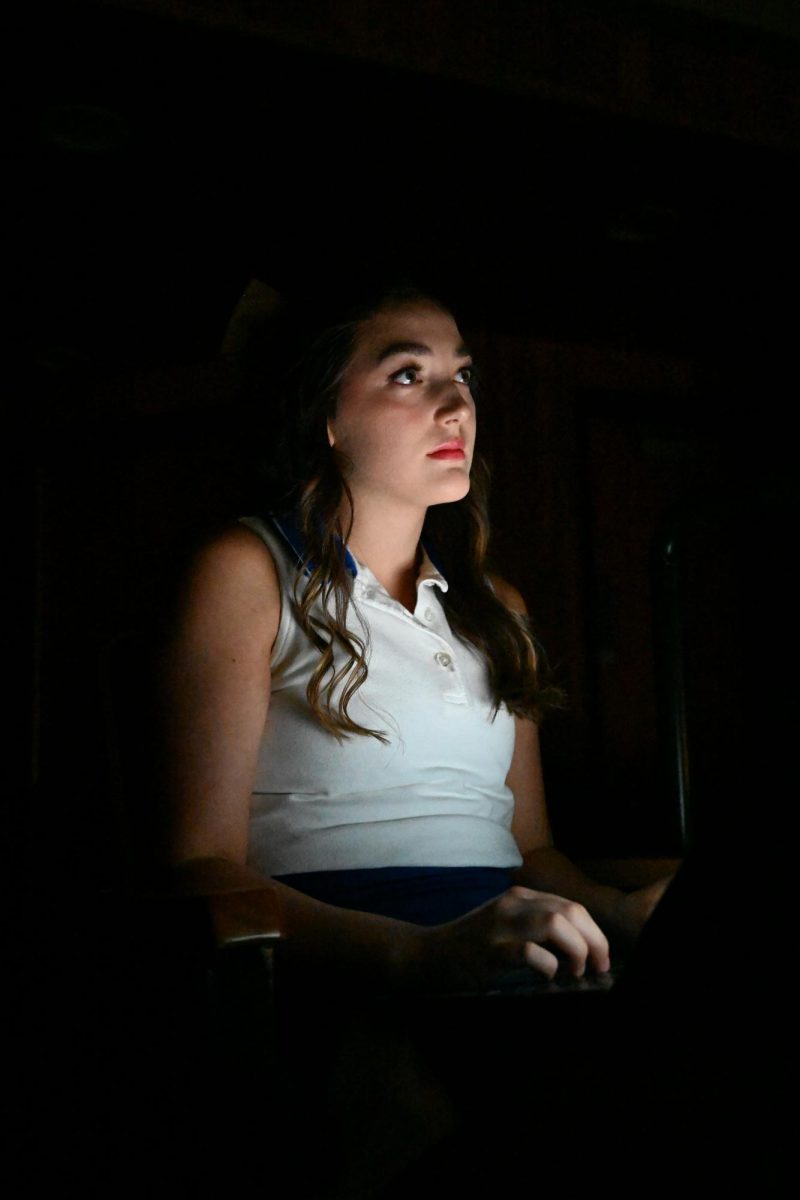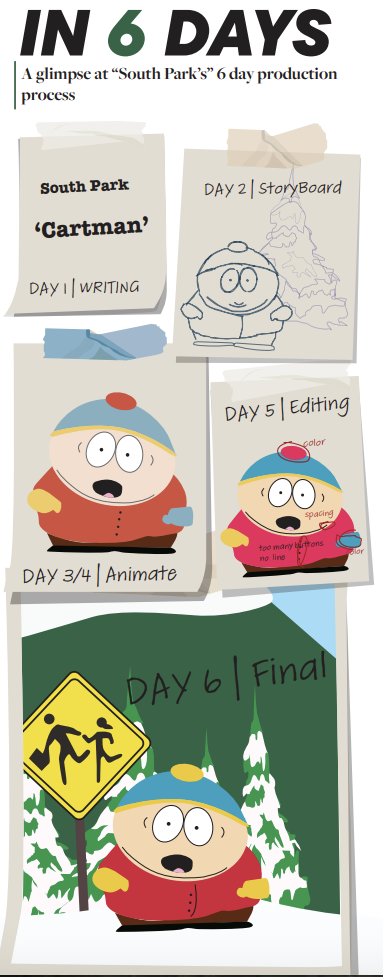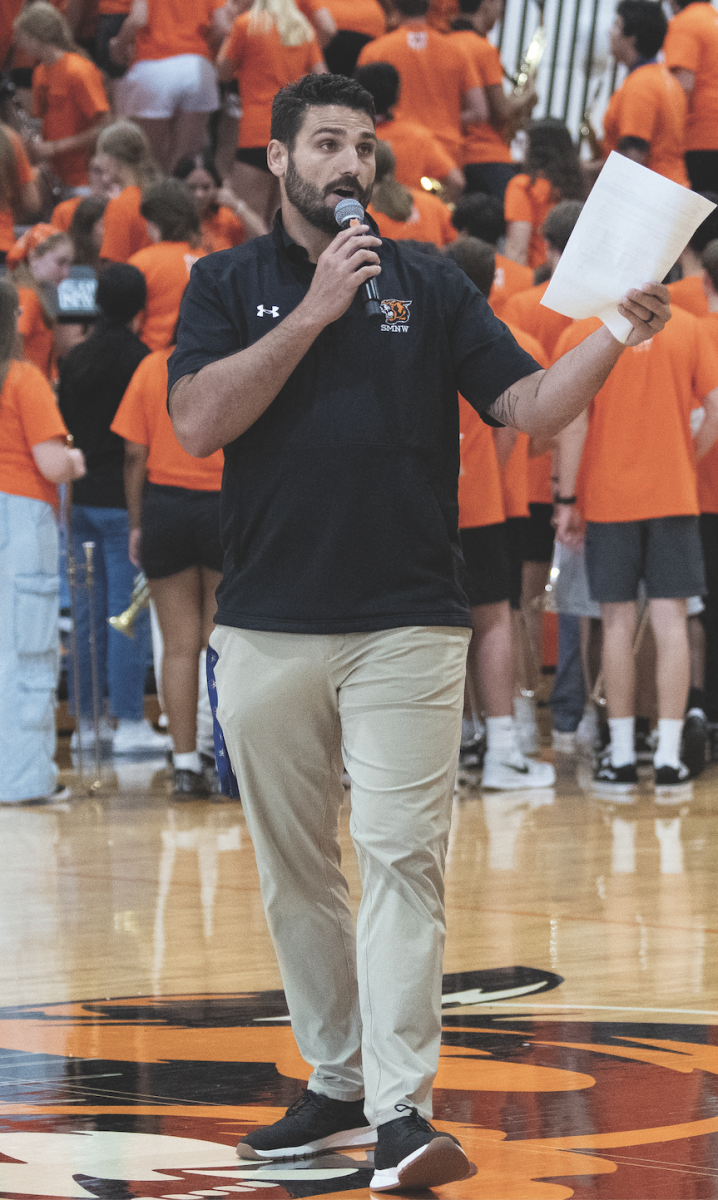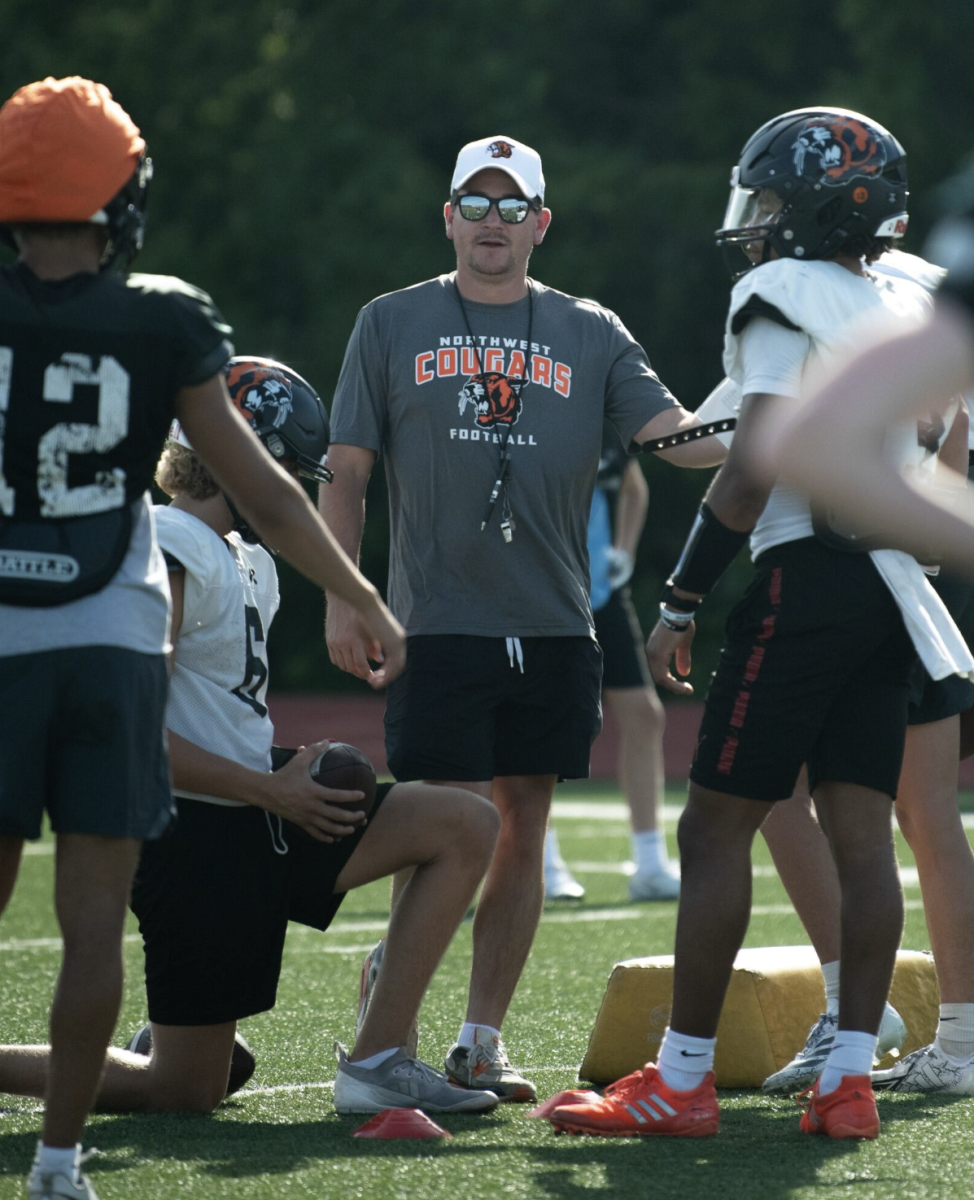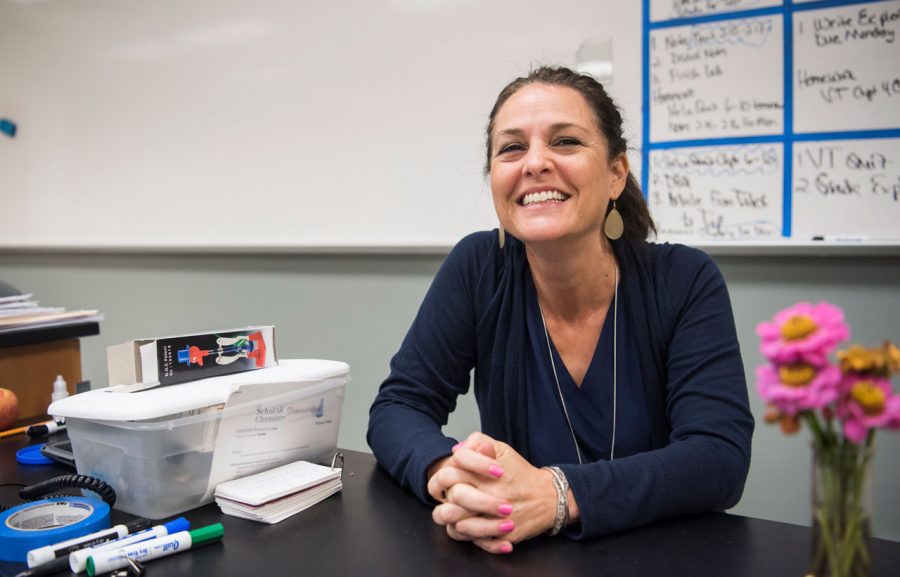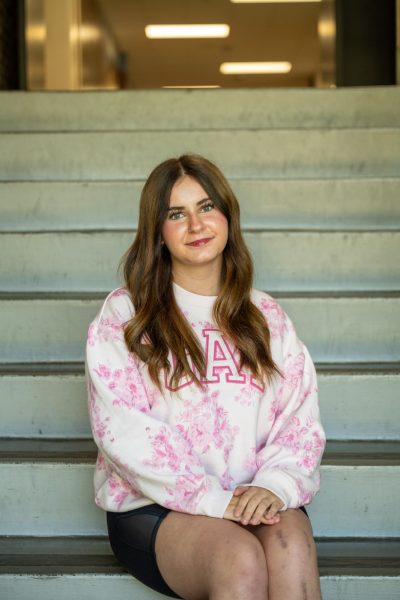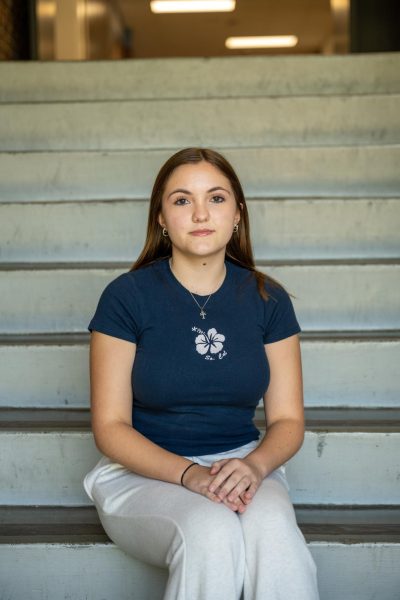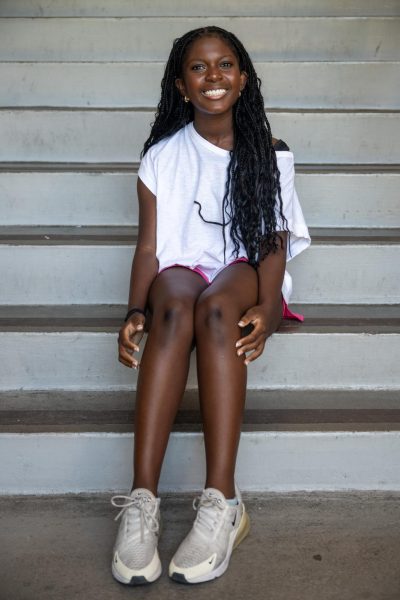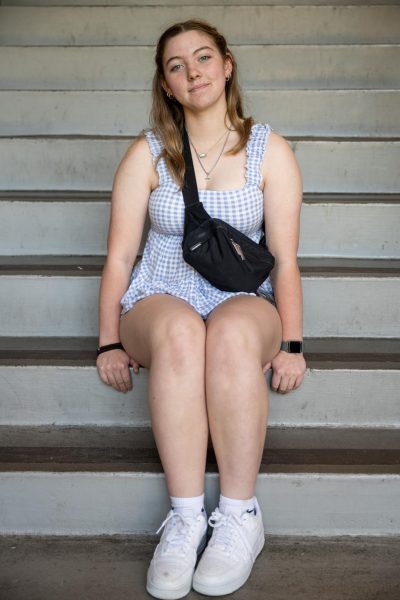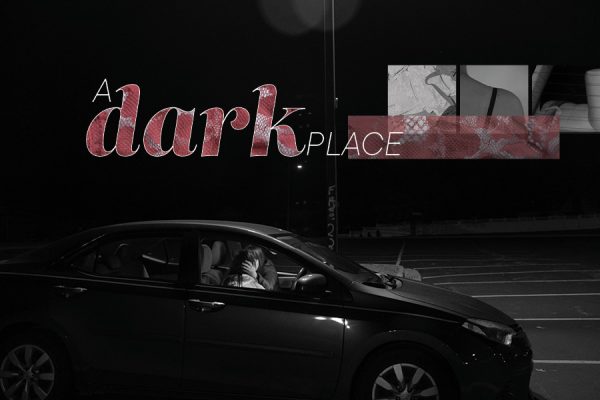There is A Storm Brewing
Science teacher Debra Brewer struggles with a brain tumor
October 16, 2017
One side of biology teacher Debra Brewer’s tumor lies next to the facial nerve which controls swallowing and on the other side is the carotid artery. If the tumor pushes through the artery, her chances of survival would be slim. The first time that Brewer had surgery, one of her jugular veins (not the jugular artery) was removed.
“The jugular vein was removed because the tumor infiltrated the vein,” Brewer said. “ in order to make sure the tumor cells did not spread.
Opposite the vein that was removed is her brain, and the tumor also has the potential to travel into the grey matter of her brain. Where Brewer’s tumor lies it is where her cheek bone and ear would meet in the middle of her head.
Five years ago, Brewer was told she had a glomus tumor and that the doctors could not remove the entire tumor because of its critical location. Because it was not entirely removed, Brewer and her doctors knew it would grow again. And they would try to remove it again. This meant that Brewer’s life would become a constant battle of waiting for the tumor to grow back. But she was determined to do whatever it took to stay in the classroom.
“If the nerve gets damaged, then I can’t do this,” Brewer said. “I can’t teach. I am 50 and I am too young to not work. Mortality is not on my radar.”
After four years, the tumor had grown back bigger and faster than before and the doctors had to declare it an inoperable benign tumor. Without taking the tumor out, they had to find a way to shrink it or else Brewer’s brain and facial functions could be in danger. Radiation was the next step.
High energy radiation kills cancer cells or shrink tumors. For Brewer, an experimental radiation treatment that uses protons to minimize the size of a tumor. It was the safest and most compatible option for Brewer’s tumor.
“They fit you to a mask, it is tight to a point where you can’t open your eyes, you can’t move your mouth,” Brewer said. “You also have a mouth guard, it holds your mouth open as wide as it can go while pushing your tongue down. And then you are laying down on a treatment bed, and they bolt you in so you cannot move at all.”
For five weeks, Brewer spent 30 minutes on five days of each week strapped down and perfectly motionless in order for the radiation to be delivered directly to the tumor.
“I would drive myself to the proton center. I had to talk myself into getting out of the car,” Brewer said as tears pooled. “After about 10 days, I really struggled with getting out of the car. You see the same people . Some of them are older than you, some of them are younger than you and some of them are sicker than you. You start to feel bad for having self pity because you see other people in worse situations than you. Everyone is quiet, they are trying to get their head around the next 30 minutes.”
If Brewer had visitors with her, going through the treatment was easier. Having someone with her allowed her to walk in with no hesitation. Being alone was hard.
“You put on a brave face everyday,” Brewer said. And that wasn’t easy.
Then there was Harvey. When Brewer went to MD Anderson Cancer Center in Houston, for treatment, the last thing she expected was to be in the middle of a hurricane
“Just about the time you think you are gonna handle it, you get a hurricane,” Brewer said. “The storm was horrible, the storm changed the whole playing field.
Hurricane Harvey was record-breaking — it rained 52 inches. Roads were flooded and homes were destroyed. The hospital where Brewer was being treated was closed to everyone but critical patients. All she had was her car, a suitcase and the apartment she was staying in. Luckily, Brewer was considered a critical patient.
But Brewer’s pain did not subside after the treatment ended. Today, she still faces the harsh reality the tumor poses.
“I no longer produce saliva,” Brewer said. “The glands are gone which makes it hard to eat things that aren’t juicy or liquid. I can no longer taste. Food is boring. Because I can not produce saliva, I can no longer eat processed sugar because it sticks to your teeth. I have to have fluoride treatments every day. I lost hair and it won’t grow back.”
“The biggest thing I took away without a shadow of a doubt is that my problems in the grand scheme of things are not that big,” Brewer said.
“There are many people that have struggles that I can’t even imagine. I learned a new way to look at life and a new way to live it. I hope that I continue to seek the positive things.”
